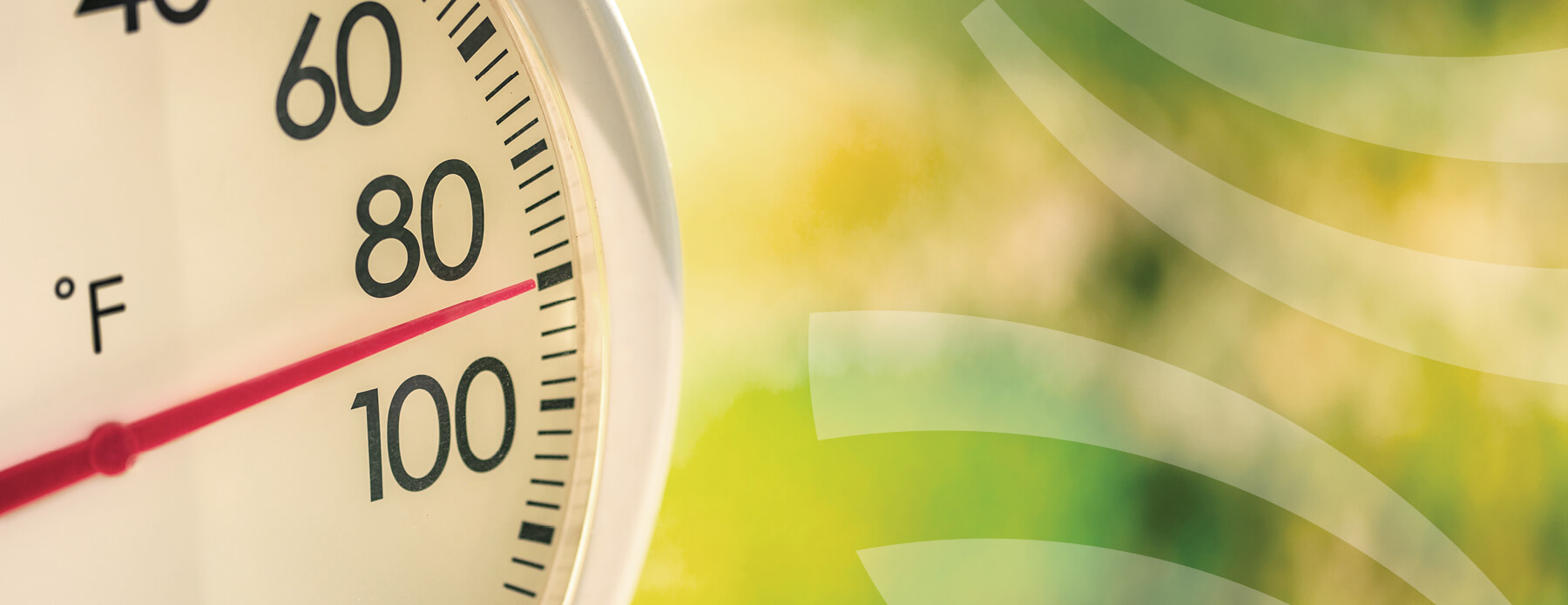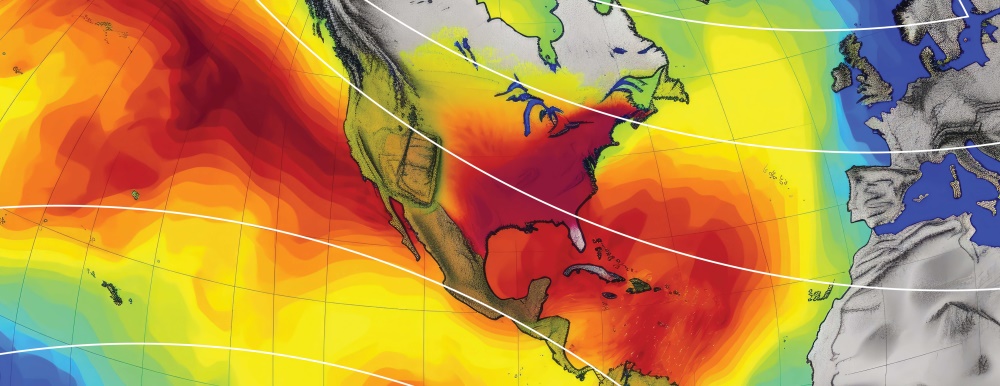Heat Resource Center
Comprehensive advice, tips and tricks, and resources to help your community prepare for and withstand heat waves
Is your community prepared for heat waves?
Heat waves can pose severe risks. This extreme weather phenomenon not only disrupts daily routines, but can also lead to serious health issues such as dehydration, heat exhaustion, and heat stroke. Especially vulnerable are the elderly, young children, and individuals with pre-existing health conditions.
Moreover, heat waves can exacerbate drought conditions, intensify wildfires, and strain power grids due to increased usage of air conditioning, thus amplifying their potential for widespread harm.
How do heat waves happen?
Heat waves typically occur when high atmospheric pressure traps hot air in an area, resulting in abnormally high temperatures that persist for several days or even weeks. The swift onset and prolonged nature of heat waves can have a profound impact on communities.
Heat is one of the leading weather-related killers in the United States,
resulting in hundreds of fatalities each year.
Beat the heat with insights from our experts

Urban Heat Islands – Elevating City Temperatures
Find out how urban heat islands are changing the way we live and discover the challenges these hotspots present in urban environments.

How Low-Income Communities Bear the Brunt of Extreme Weather
Find out how climate change threatens low-income communities and learn how the Low Income Home Energy Assistance Program (LIHEAP) can help.

Preparing for Record Heat Wave Temperatures
Brace yourself for a record-setting heat wave affecting the Midwest and Northeast. Learn about the extreme temperatures and how to stay safe.

Beat the Heat: How Hydration Can Keep Communities Healthy and Energized This Summer
Help your community stay healthy and hydrated during the summer. Learn essential tips for proper hydration and beating the heat.

Heat Waves: To Name or Not?
Learn about the pros and cons of naming heat waves and how it can help raise awareness and promote better preparedness for extreme heat.

Tidal Basin’s Chief Development Officer, Carlos J. Castillo, Shares Insights with Government Executive on Federal Response to Extreme Heat
As the nation faces unprecedented heat waves, the urgent need to address both immediate and long-term climate challenges becomes evident….
Helpful resources and recommended reading
We’ve put together some resources from FEMA, CDC, and other trusted organizations to help you prepare for and ensure the safety of your community during extreme heat and heat waves.
These resources cover a wide range of topics, including tips for staying cool, recognizing heat-related illnesses, and developing an emergency plan.
